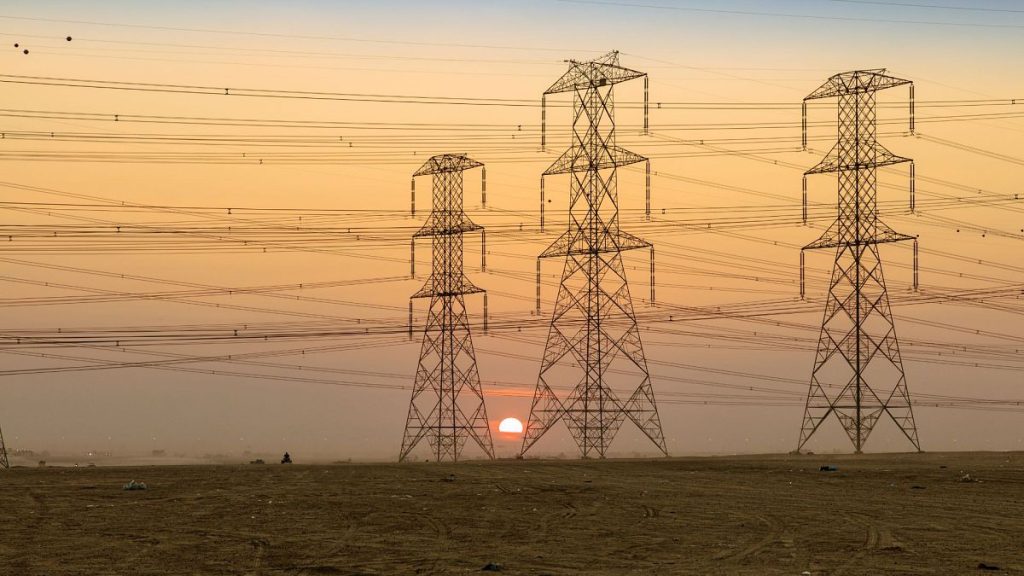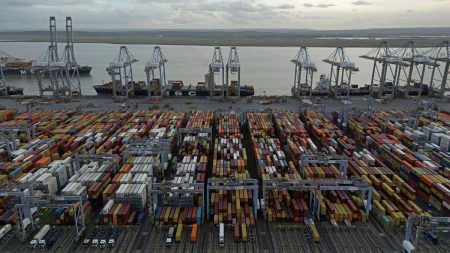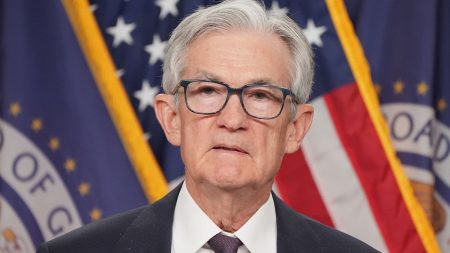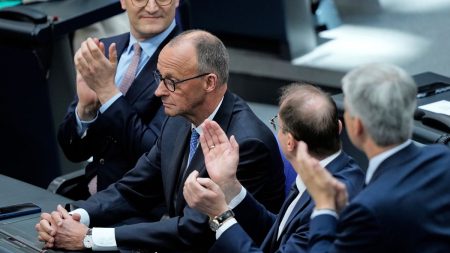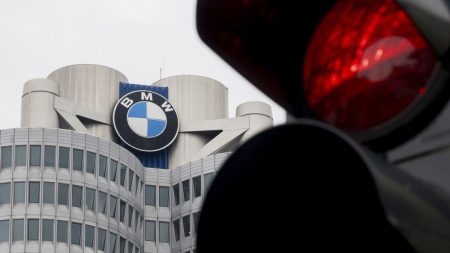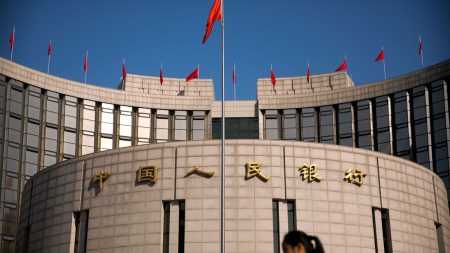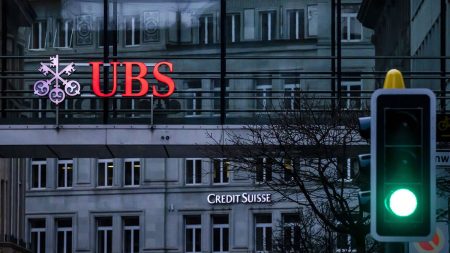Norway’s energy landscape is currently embroiled in a heated debate over soaring electricity prices and the nation’s role as a power exporter. The crux of the issue lies in the interconnectedness of Norway’s power grid with its European neighbors, particularly Denmark, via two subsea interconnectors. These interconnectors, designed to facilitate power exchange, have become a lightning rod for criticism as domestic electricity prices have skyrocketed to levels six times the EU average. This price disparity has fueled public discontent and sparked political maneuvering ahead of upcoming elections, with the ruling coalition parties pledging to cut the Danish interconnectors upon their renewal in 2026. The smaller coalition partner, the Center Party, is even considering revisiting energy links with the UK and Germany, further highlighting the growing unease over Norway’s energy export policies.
The surge in electricity prices stems from a confluence of factors. While Norway relies heavily on hydropower for its electricity generation, approximately 10% of its supply originates from wind power generated on the continent. Recent weather patterns, characterized by low wind speeds in Germany and the North Sea coupled with cold temperatures in Norway, have drastically reduced wind power generation. This shortfall, combined with Norway’s interconnected grid, has exposed the country to the volatile price fluctuations of the European energy market. As EU power prices surge, the impact reverberates across the interconnected grid, driving up Norwegian prices in tandem. This phenomenon has led to a situation where Norway, a nation rich in hydropower resources, is experiencing exorbitant electricity costs, prompting calls for a reassessment of its energy export strategy.
The southernmost region of Norway has borne the brunt of the price hikes, with electricity costs exceeding €1.12 per kilowatt-hour during peak periods – a stark contrast to the EU average of €0.1867 per kWh for the first half of 2024. Eastern Norway also faces elevated prices, while the western and northern regions, largely insulated by their reliance on hydropower, have escaped the worst of the surge. Meteorological forecasts predicting increased wind production in Europe offer a glimmer of hope, suggesting a potential easing of prices in the coming days. However, the current crisis has already ignited a national conversation about the balance between energy exports and domestic affordability.
The political ramifications of the electricity price crisis are significant. The issue has become a dominant theme in the run-up to next year’s elections, with the ruling Labour Party taking a hardline stance against renewing the Danish interconnectors. Party officials have expressed concern over the “out of control” situation, vowing to regain control over the nation’s energy policy. This move reflects growing public sentiment that prioritizing energy exports while domestic consumers face exorbitant prices is untenable. The Center Party, echoing similar concerns, advocates renegotiating energy export agreements with the UK and Germany, signaling a broader shift in the political landscape towards prioritizing domestic energy security and affordability.
Norway’s unique position as a major energy producer and exporter outside the EU adds another layer of complexity to the debate. While not an EU member, Norway participates in single market initiatives, including electricity interconnection, which bind its energy market to that of the EU. This interconnectedness, while beneficial in principle, has exposed Norway to the volatility of the European energy market, particularly during periods of supply shortages. The current crisis highlights the inherent tension between Norway’s role as a key energy partner to the EU and its responsibility to ensure affordable electricity for its own citizens.
The controversy surrounding electricity prices underscores the challenges of balancing energy security, international cooperation, and domestic affordability in an increasingly interconnected world. For Norway, a nation blessed with abundant hydropower resources, the current situation presents a stark paradox. The very interconnectors designed to facilitate energy trade and regional stability have become a source of domestic discontent, forcing a national reckoning with the fundamental principles of its energy policy. The outcome of this debate will have far-reaching implications not only for Norway but also for its European partners, as it grapples with the evolving dynamics of energy security and international cooperation in the 21st century.




